Document_GEM: Global Economic Monitoring Unit (GEM)
Global Economic Monitoring Unit (GEM)
4 January 2024
Although global economic growth outperformed expectations in 2023 with several large economies showing remarkable resilience, simmering geo-political tensions and the growing intensity and frequency of extreme weather events have increased underlying risks and vulnerabilities. Furthermore, tight financial conditions also pose increasing risks to global trade and industrial production.
1 November 2023
Industrial and innovation policies are gaining additional traction, becoming crucial aspects of many governments’ toolkits to support innovation, build resilience, and accelerate the green energy transition. There are, however, enormous disparities across economies in their capacity to implement industrial policies, particularly those to support science, technology and innovation.
2 October 2023
Despite persistent monetary tightening by major central banks, labour market conditions in most developed economies remained robust in 2023. Low unemployment and high economic activity are accompanied with continuing, albeit moderating, labour shortages.
5 September 2023
A massive gap in investment and the adoption of low-carbon technologies between the developed and developing countries persist, threatening the urgent need to accelerate the energy transition as well as the achievement of the SDGs.
1 August 2023
Higher domestic food prices are a major driver of food insecurity, especially for poor households whose incomes are stagnant or declining. Countries that already faced protracted food crises before the COVID-19 pandemic and the war in Ukraine have been the most affected by the recent food price increases.
3 July 2023
Microchips are central to modern industries, ranging from consumer goods, industrial production to national defence. While chip supply shortages, notable during the pandemic, have now largely eased, this has been uneven across user sectors.
1 June 2023
Medium-term growth prospects are clouded by scarring from the pandemic, the ever-worsening impact of climate change, and structural macroeconomic challenges, such as anaemic investment and mounting debt vulnerabilities.
16 May 2023
The world economy is in the doldrums, with weak economic growth, stubborn inflation and rising interest rates in the major developed economies clouding the near-term economic outlook. Legacy effects of the COVID-19 pandemic, the protracted war in Ukraine, exacerbating effects of climate change are impeding a rebound of global growth.
9 May 2023
As we enter May 2023, the global economic situation remains highly uncertain amid an extraordinary confluence of recent shocks that have affected countries across the world.

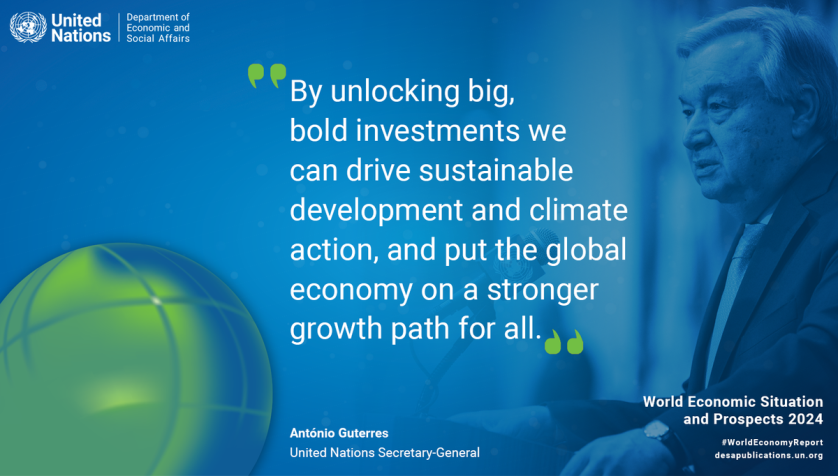




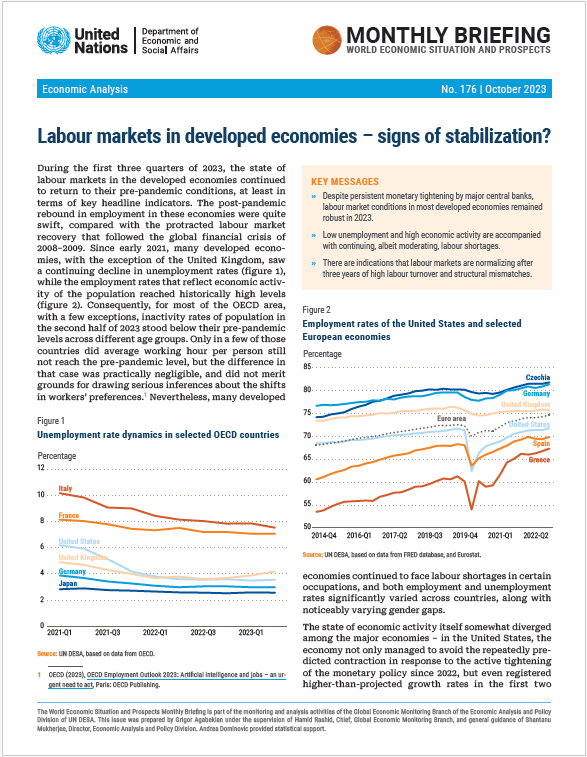
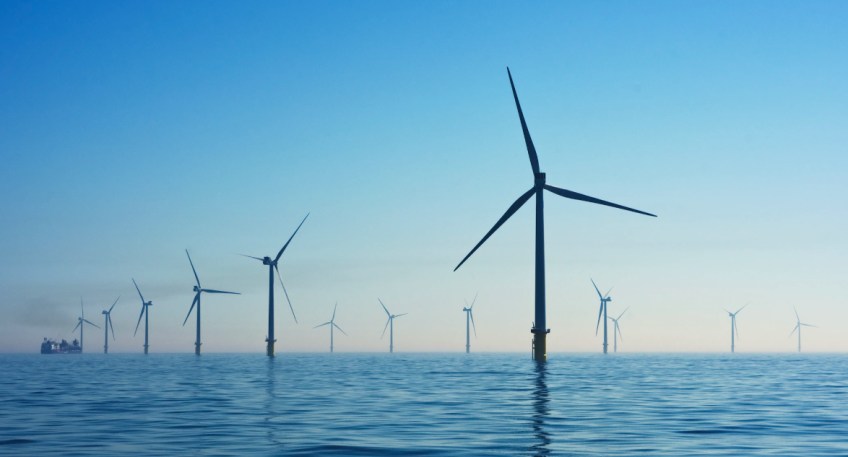
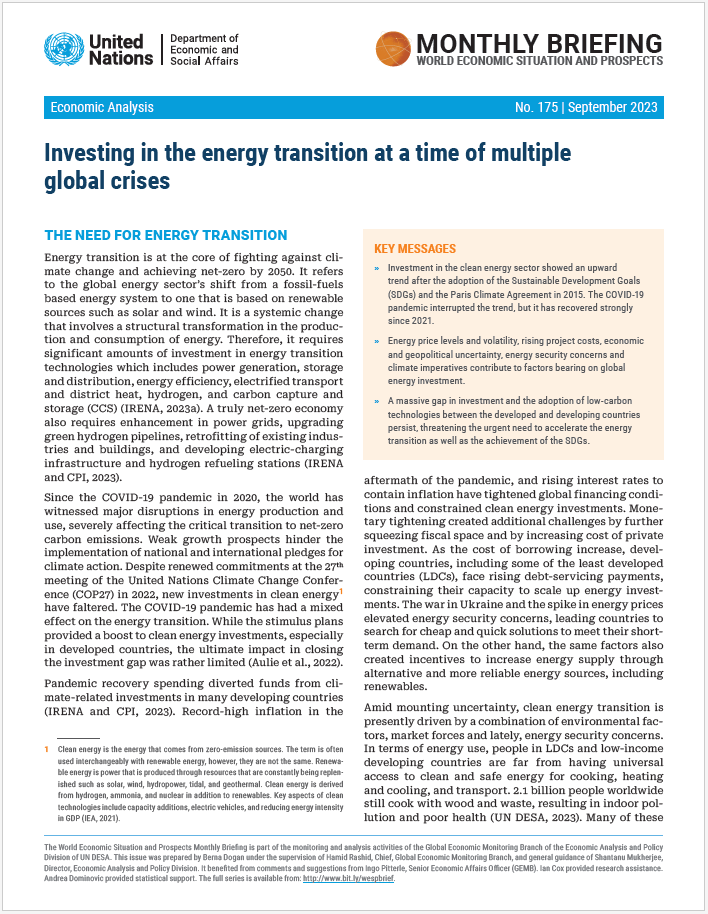





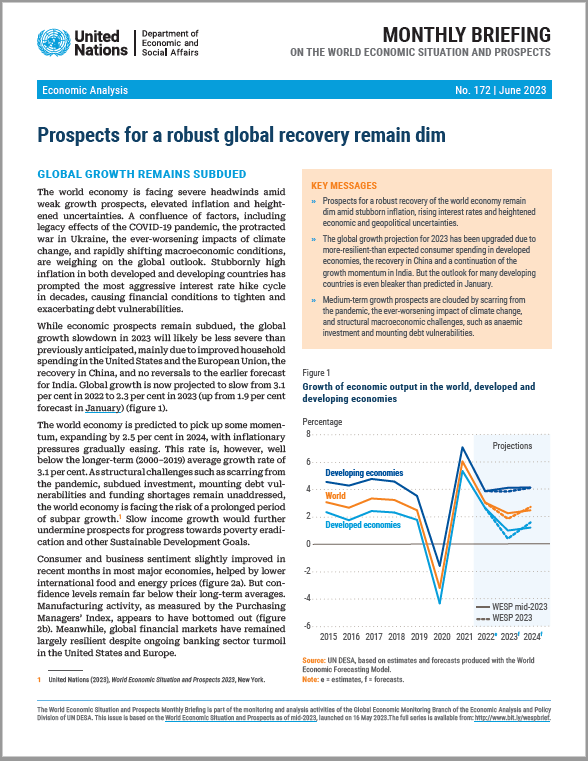


Follow Us